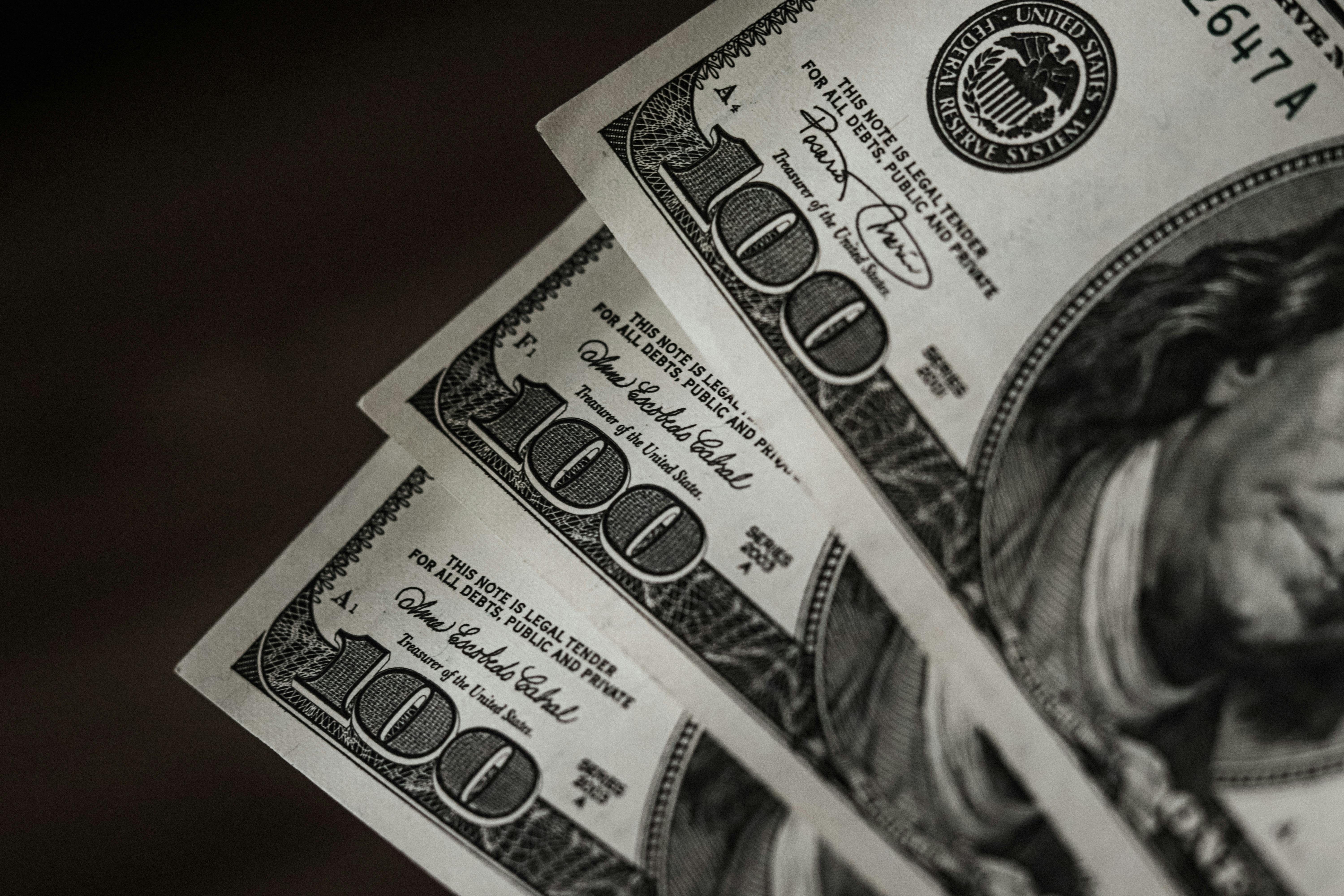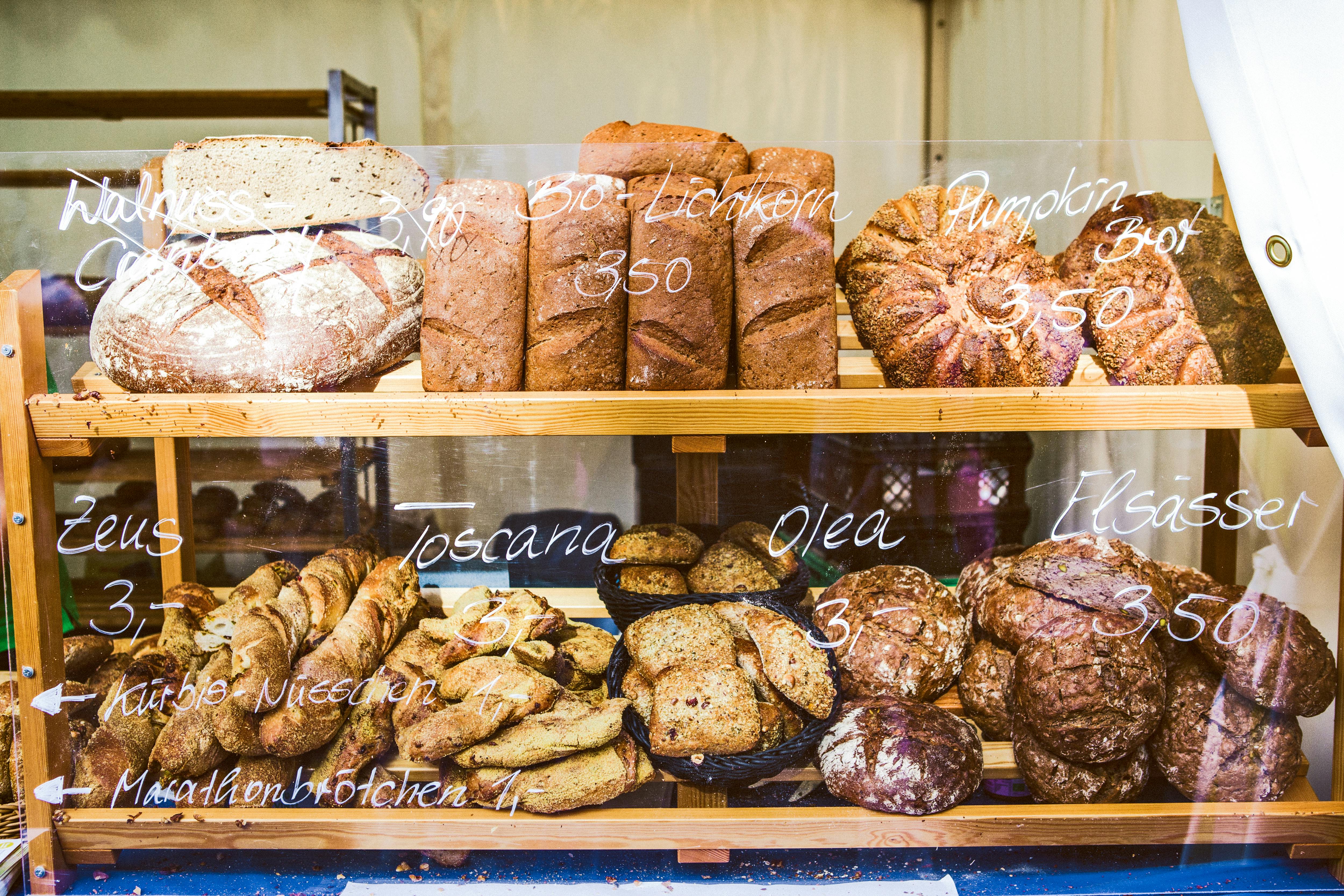Welcome to the World of Local Currency Hacks!
Are you a passionate traveler? Do you love exploring new destinations and immersing yourself in different cultures? Well, if you answered yes, then you know that one of the most important things to consider when traveling is managing your local currency.
In today’s blog post, we’re going to dive into the fascinating realm of local currency hacks. We’ll provide you with invaluable tips and tricks to ensure that you make the most out of your money when traveling abroad. Whether you’re a seasoned traveler or a first-timer, these best practices will help you navigate the intricacies of foreign exchange and get the most bang for your buck.
Unlock the Secrets of Local Currency
Let’s face it – dealing with unfamiliar currency can be a bit perplexing. From deciphering exchange rates to understanding the local customs and norms, it can feel like you’re entering a whole new world. But fear not! We’re here to help you demystify the process and make it a breeze.
In this blog post, we’ll share insider tips on how to get the best rates when exchanging your money, whether it’s at the airport, a local bank, or through alternative methods. We’ll also explore the advantages and disadvantages of various payment options, including cash, credit cards, and prepaid travel cards. By the time you finish reading this post, you’ll be equipped with the knowledge you need to make informed decisions and save money on your next adventure.
Mastering the Art of Currency Conversion
Ever wondered how to anticipate fluctuations in exchange rates? Or how to avoid excessive fees and hidden charges? Look no further! Our post will guide you through the art of currency conversion, helping you navigate the turbulent waters of the foreign exchange market with ease.
We’ll introduce you to handy mobile apps and online tools that can assist you in monitoring exchange rates and making timely transactions. You’ll discover tried-and-tested strategies to minimize transaction fees and avoid falling victim to unfavorable exchange rates. With our expert advice, you’ll become a savvy traveler who knows precisely when and where to exchange currencies for optimal savings.
Choose Your Travel Partner Wisely
When it comes to exchanging currency, not all providers are created equal. That’s why it’s crucial to choose your travel partner wisely. In this section, we’ll explore various options for exchanging currency and provide you with a comprehensive comparison of their pros and cons.
From local banks to specialized currency exchange outlets, we’ll break down the different players in the market so you can make an informed choice. We’ll also delve into alternative methods like peer-to-peer currency exchange platforms and explore how they can potentially provide better rates and greater convenience. By the end of this section, you’ll be equipped with the knowledge to select the best option for your travel needs.
Conclusion
Traveling to new destinations is an exhilarating experience, but it’s essential to be well-prepared, especially when it comes to managing your local currency. By following the best practices and hacks we’ve shared in this blog post, you’ll be armed with the knowledge to make smart financial decisions and stretch your money further.
So, if you’re ready to embark on a journey of financial empowerment while traveling, join us as we explore the ins and outs of local currency hacks. Get ready to unlock the secrets that will leave you feeling confident and savvy when it comes to managing your money in a foreign land. Stay tuned for our next blog post, where we’ll dive even deeper into the world of local currency and reveal more insider tips and tricks. Happy travels!

What are the Best Local Currency Hacks for Travelers?
When it comes to traveling, dealing with local currency can be a daunting task. To make your travel experience smoother and more cost-effective, it is essential to master the art of local currency hacks. But what exactly does that mean?
Local currency hacks refer to the strategies and best practices that travelers can employ to get the most out of their money while navigating foreign exchange. These hacks can help you save on transaction fees, avoid getting ripped off by unfavorable exchange rates, and even enhance your overall travel experience.
So, what are some of the best local currency hacks for travelers? In the next part of this article, we will delve deeper into various tips and tricks that will empower you to make the most informed decisions regarding currency exchange, withdrawal, and usage. Get ready to unlock the secrets of local currency hacks that will make your travel experience truly exceptional.

Best Practices for Getting Local Currency While Traveling
Traveling to a foreign country can be an exciting adventure, but it can also bring about some challenges, especially when it comes to currency exchange. Getting local currency efficiently and at a favorable rate can make a significant difference in your travel experience. Here are some best practices to help you navigate the local currency scene:
1. Research Exchange Rates Before Your Trip
Prior to your departure, take some time to research the current exchange rates of the country you will be visiting. Several online platforms and mobile apps provide up-to-date currency exchange information that can help you make informed decisions.
Knowing the current exchange rate will not only give you an idea of how much local currency you’ll get for your money but also allow you to spot any discrepancies or unfair rates offered by local vendors or money changers.
2. Use ATMs for Cash Withdrawals
One of the most convenient ways to get local currency is by using ATMs. Find out if your bank has international partnerships or agreements to minimize fees. This will help you avoid excessive charges when withdrawing cash.
However, be cautious when using ATMs located outside of banks or in tourist-heavy areas. These machines may have higher fees or be susceptible to card skimming. Stick to ATMs at reputable banks or within secure locations.
3. Avoid Currency Exchange at Airports
While currency exchange kiosks at airports may seem convenient, they often offer less favorable rates and higher fees. It’s best to avoid exchanging a significant amount of money at the airport. Instead, exchange a small amount or use other payment methods, such as credit cards or mobile payment apps, until you can find a more reputable place to change your money.
4. Compare Rates at Local Banks and Exchange Offices
Once at your destination, consult local banks or licensed exchange offices to compare rates. Different institutions may offer varying rates and charges, so it’s wise to shop around before making a decision.
Be cautious of street money changers who may offer attractive rates but engage in illegal or fraudulent practices. Stick to authorized institutions to ensure the security of your money.
5. Inform Your Bank About Your Travel Plans
Before leaving for your trip, inform your bank about your travel plans to avoid any unexpected issues with your debit or credit cards. Banks often have security measures in place that may temporarily block your card if they detect unusual activity, such as transactions in a foreign country.
6. Consider Using Prepaid Travel Cards
Prepaid travel cards can be a convenient and secure option for getting local currency. These cards allow you to load them with a specific amount of money and use them like debit or credit cards while abroad. They often offer competitive exchange rates and can be easily replaced if lost or stolen.
Keep in mind that not all countries or establishments may accept prepaid cards, so it’s always a good idea to have some cash on hand as a backup.
7. Keep an Eye on Currency Conversion Fees
When using your credit or debit card abroad, pay attention to currency conversion fees. Some cards charge a percentage fee for each transaction made in a foreign currency. To minimize these fees, consider using a card with low or no foreign transaction fees.
8. Stay Cautious of Scams
Finally, be cautious of scams related to currency exchange. Some unscrupulous individuals may try to take advantage of unfamiliar tourists by manipulating exchange rates or using counterfeit money.
It’s always recommended to exchange money at reputable institutions and be aware of common scams in the area you’re visiting. If something seems too good to be true, it probably is.
In conclusion, getting local currency while traveling requires some research, planning, and vigilance. By following these best practices, you can ensure you get the most out of your money and have a smooth experience abroad.
According to a recent survey, approximately 78% of travelers reported using ATMs as their primary method of obtaining local currency while abroad.

Conclusion: Best Practices for Getting Local Currency
Traveling to a new destination can be an exciting adventure, but dealing with local currency can sometimes be a daunting task. In this article, we have discussed various best practices that can help travelers navigate the world of local currency hacks.
One of the key insights shared was the importance of planning ahead. Researching the local currency exchange rates before your trip allows you to make informed decisions and avoid unnecessary fees. Additionally, using a reliable currency converter app can help you stay updated with the latest rates on the go.
Another important point emphasized in this article was the significance of avoiding currency exchange kiosks at airports. These kiosks often have unfavorable exchange rates and high fees, which can eat into your travel budget. Instead, consider withdrawing local currency from an ATM upon arrival or exchanging money at local banks, where you are more likely to get better rates.
Furthermore, it is essential to inform your bank or credit card company about your travel plans to prevent any disruptions with your cards. Some banks may even offer travel-friendly debit or credit cards that have low or no foreign transaction fees, making them a convenient option for overseas expenses.
Lastly, interacting with locals and using their currency can enhance your travel experience. It not only allows you to support local businesses but also helps you immerse yourself in the local culture. Be mindful of small denomination bills and change, as they can come in handy for tipping or smaller purchases.
In conclusion, by following these best practices, you can optimize your local currency handling while traveling. Plan ahead, avoid airport currency exchange kiosks, inform your bank, and engage with the local community. Embracing these strategies will not only save you money but also provide you with a more authentic travel experience. Enjoy your journey and happy currency hacking!




